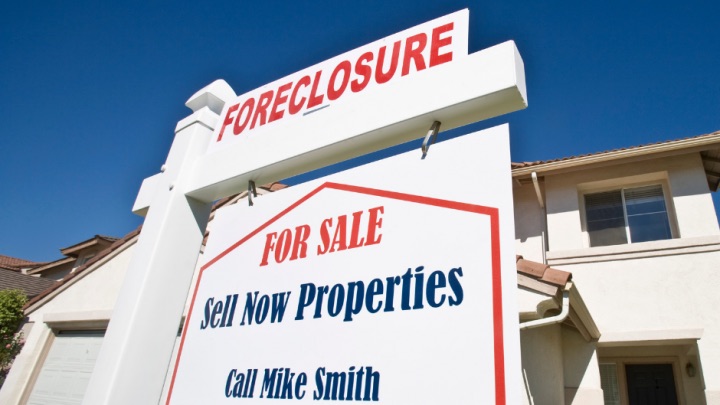Short Sale vs. Foreclosure

In a short sale, your lender may agree to accept less than the full amount owed on your mortgage loan, allowing you to sell your property for less than the total owed. The difference between the final amount paid and the amount owed is called a deficiency. Short sales are generally allowed only in case of economic or financial hardship.
Foreclosure is a legal process by which your lender obtains title (ownership) to your property so it can be sold and proceeds applied toward the defaulted mortgage loan. The law requires a series of notices and waiting periods before ownership is legally transferred to the lender.
Due to the expense of foreclosure, the short sale alternative has become popular when available. A new home buyer is located at the beginning of the short sale process, so there’s no need for the lender to take title to the property. Lenders often incur a smaller loss and reduce the risk of ongoing expenses. For an owner, a short sale can be less “public”, as there are no published legal notices or property auctions.
How do these impact my credit? A foreclosure can be tremendously damaging, impacting your ability to acquire credit for up to seven years. While a short scale can have a less severe impact than a foreclosure, it can still preclude you from obtaining a conventional home loan for several up to a full seven years.
In either case, lingering effects are influenced by many factors, including federal, state and local laws and circumstances surrounding the event. Due to the long term potential economic, legal, credit and tax consequences, it’s best for anyone faced with either a short sale or foreclosure to consult with an experienced attorney and tax pro.






_0.png)

